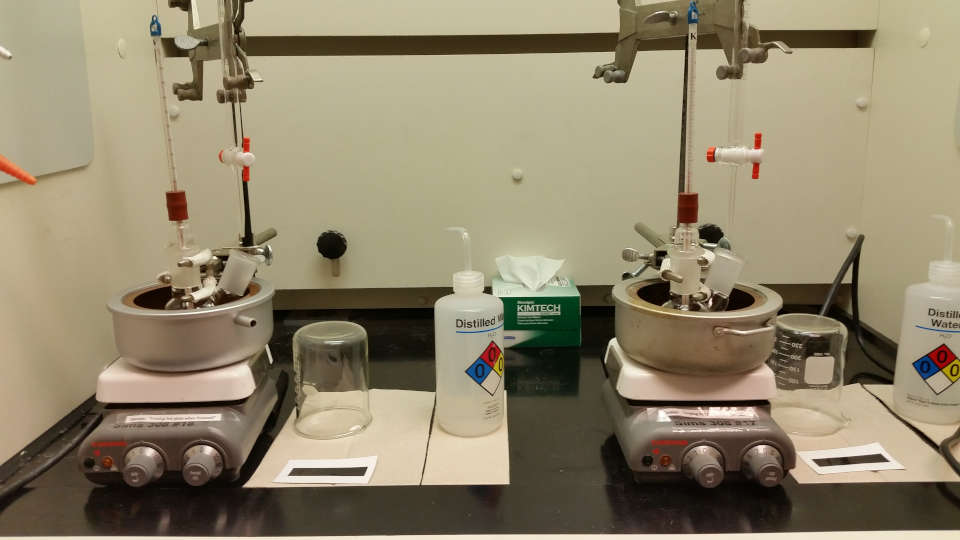
Have you ever watched an exciting detective movie or a thrilling episode of CSI? Maybe your day driving to the beach, at a beauty salon, or shopping. You may not have realized it, but chemistry was all around you. It took forensic chemistry to catch the criminal in the movie or show you watched. Organic chemistry created the fuel for your car and the dye that colored your hair. Materials chemistry was used to make the fabrics in the clothes you tried on and the smartphone you bought.
Have you wondered about the ingredients in the food you eat - why some hot sauces taste spicier than others? An analytical chemist at Winthrop University helped a local farmer win three Guinness World records by certifying the hottest peppers in the world. Chemistry, in the context of everyday life, allows us to examine world issues through a scientific lens.
Chemists are always in great demand! Training in chemistry provides individuals with vital research experience, critical thinking, and writing skills crucial to solving important problems. These skills are essential for success in all facets of the modern workplace.
So, what can you do with a chemistry degree obtained from Winthrop University? Perhaps you could follow in the footsteps of one of our many alumni that have embarked upon careers including:
|
|